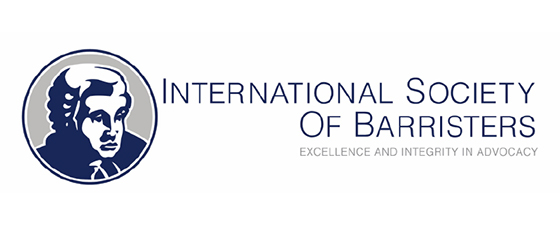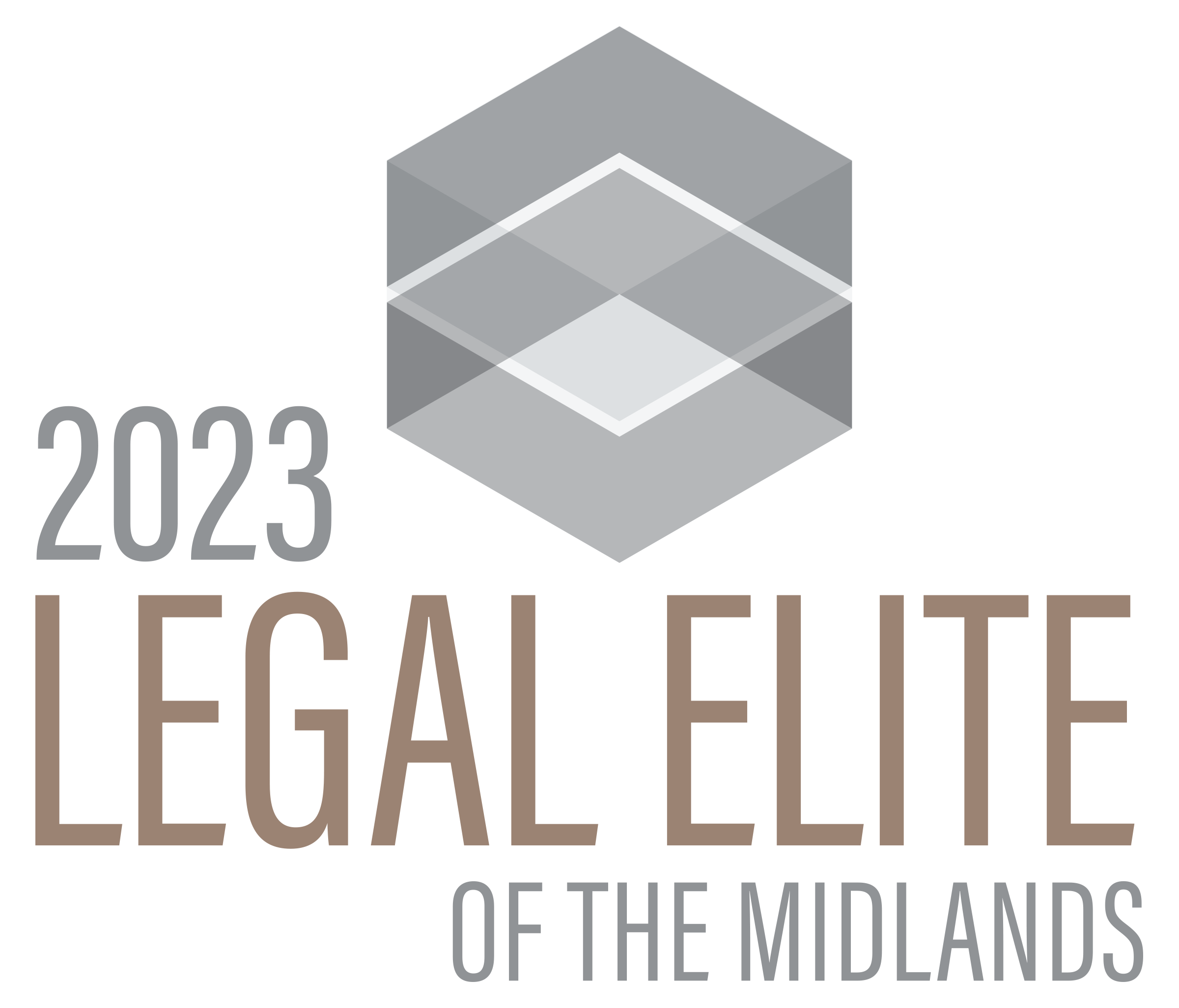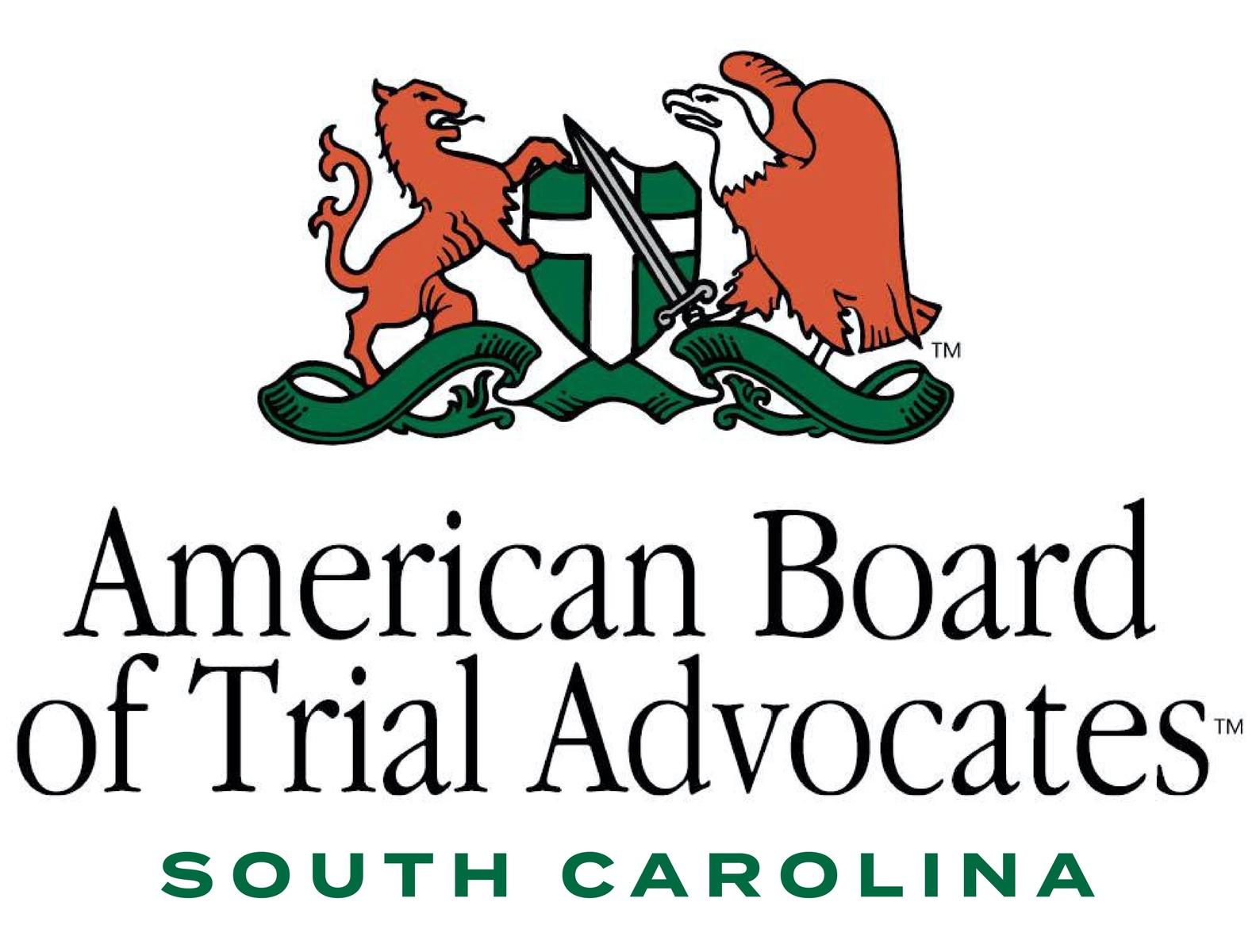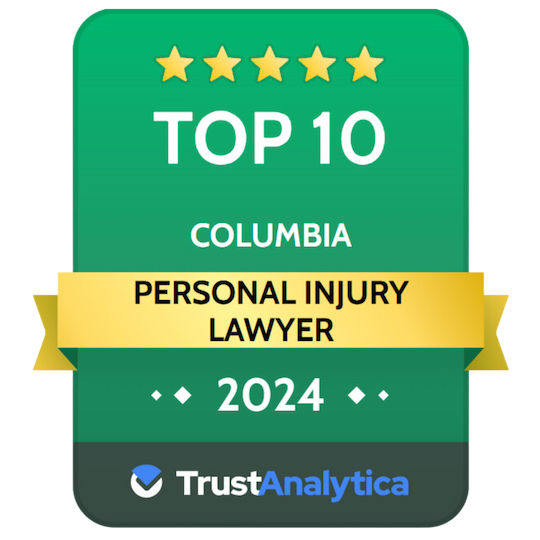What are the Alcohol Liability and Dram Shop Laws in South Carolina?
The alcohol liability and dram shop laws in South Carolina can protect victims of alcohol related injury or death. Alcohol has proven to be a lead factor in the cause of injuries and deaths on the highways of South Carolina. South Carolina currently ranks 2nd for the most DUI fatalities per capita in the United States. In recovering for our clients, we do not stop with the drunk driver. We pursue those that cause and enable the drunk driver.
The Goings Law Firm regularly sues restaurants and bar owners, social clubs, and individuals in cases arising from accidents involving the service of alcohol to intoxicated persons and minors. Dram Shop laws are intended to prevent restaurants, bars, and clubs from serving alcohol to minors and serving alcohol to intoxicated persons. If a restaurant, bar, or club violates such Dram Shop laws and someone is injured as a result, the establishment can be held responsible for the injuries. Our attorneys are well versed in these laws and experienced in representing both injured victims involving the sale and service of alcohol.
South Carolina has specific statutory and common law that governs the liability of restaurants, bars, social clubs and even individual people (social hosts) with respect to the service of alcohol under certain situations. These laws govern what is known as dram shop liability, tavern owner liability, liquor liability and social host liability, and they may allow an injured party to hold a restaurant, bar, club, or individual responsible for injuries or death caused by the service of alcohol.
While South Carolina does not have a “Dram Shop Act,” it is illegal in South Carolina to “knowingly” serve alcohol to any person who is intoxicated. To pursue a Dram Shop action, the injured party must apply the criminal statutes governing alcohol control (S.C. Code Ann. § 61-4-580) and demonstrate that an establishment knowingly served alcohol to an intoxicated person. If the injured party can establish that a restaurant or a bar knew or should have known that it was serving an intoxicated person, whether by signs of visible intoxication or based upon the type, number and time period over which the customer consumed alcoholic drinks, that restaurant or bar is liable for the resulting injuries and damages proximately caused by the drunk driver. Additionally, if a restaurant or bar knew or should have known an alcohol purchaser is under 21 years of age, then that restaurant or bar could be liable if the purchaser’s intoxication caused an injury. Similarly, an adult social host who knowingly serves, or causes to be served, an alcoholic beverage to a person he knows or reasonably should know is between the ages of 18 and 20 is liable to the person served and to any other persons for damages proximately resulting from the host’s service of alcohol.
In a recent case, the South Carolina Supreme Court upheld a $10 million verdict against The Getaway Lounge & Grill and its owners. See Hartfield v. The Getaway Lounge & Grill, Inc., 388 S.C. 407 (2010). The case involved a customer who spent a night visiting a number of bars, including The Getaway, before getting into a motor vehicle collision, which killed the customer and seriously injured the driver of the other vehicle. One of the owners of The Getaway testified that the customer did not appear intoxicated while he was there. Fluid samples taken from the customer’s body indicated that his blood alcohol content (“BAC”) was .212. At trial, a forensic chemistry expert, using a method known as “retrograde extrapolation,” estimated that his BAC when he left The Getaway must have been between .18 and .20 and that, therefore, “he would have been grossly intoxicated and exhibiting symptoms of intoxication.” The Court stated that there was sufficient circumstantial evidence to support the forensic chemist’s expert testimony. Notably, the Court also held that a customer need not be “visibly intoxicated” for the imposition of dram shop liability; rather, “knowledge” of intoxication may be acquired through different mediums. The complexities of the Getaway case demonstrate that it is critical to retain an attorney with experience and knowledge in the area of dram shop litigation.
Dram shop liability is a specialized area of law, both from a practical and a legal perspective. Dram shop cases are often fact-intensive and require extensive resources and experts to prove the elements of the case. Dram shop cases often turn on the issue of liability, making the timely collection and analysis of police reports, receipts, video, social media, and eye witness statements crucial. Dram shop claims involve unique aspects of the law as well. For example, South Carolina’s modified joint and several liability system does not apply to conduct involving the use, sale, or possession of alcohol. This has significant consequences in multi-defendant litigation, resulting in the ability to collect 100% of the damages awarded from a restaurant or bar that is found just 1% liable. Also, there is no cap on punitive damages under for negligence based on alcohol liability. Thus, having an attorney experienced in dram shop litigation is crucial to both bringing and defending these claims.
If you or a loved one has been injured or killed by a drunk driver and you believe a bar or restaurant may be responsible, call us today at 803-350-9230 or contact us online for a free consultation today,





























